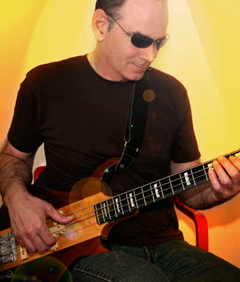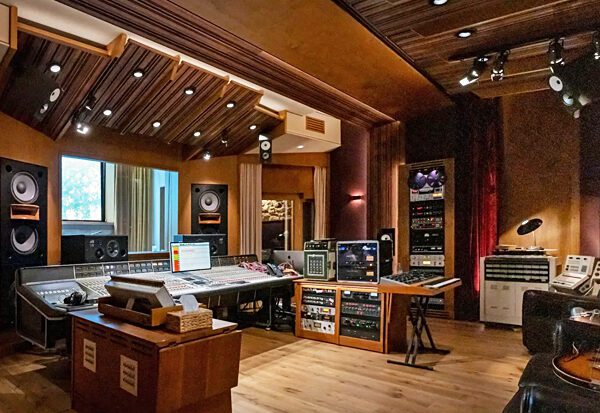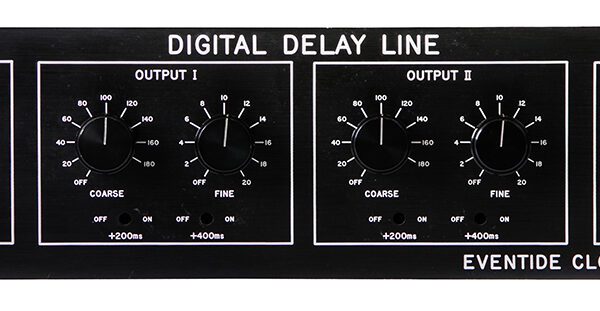
We only recommend products that we use and believe in. When you purchase through links on our site, we may earn an affiliate commission.
Today, recording technology is very affordable and many musicians have some sort of home studio for capturing new ideas, recording demos, or even making full-blown albums. However, professional recording studios are experienced and will make a big difference in your performance, ego and confidence. Leaving you to focus on your music and being the “artist”.
- Experienced engineers know how to set everything up and run the recording equipment
- Studios are acoustically designed for recording, so the tracking rooms will allow you to capture precisely the sound you want
- Control rooms provide an accurate listening experience.
Prepare to record in a studio. Recording your new album should be a fun, creative, rewarding experience.
- Rehearse the band properly
- Have a clear idea of what you’re creating before you even step foot in the studio,
- Budget your time
- Budget your money.
- Sign the contract with Budget of time and Budget of money in mind. Make it clear to the band members.
Rehearse as if you’re recording.
Recording music is a skill unto itself, with it’s own set of nuances that differ from a live performance. If you’ve never been to a recoding session, ask the recoding studio to let you see how it works. Be sure to be respectful of everyones time. Ask the musicians that are their and see how they do it. Keep in mind, they are paying for that session. You know it’s not your time or money. Go in and watch … nothing more.
Schedule plenty of rehearsal specifically for the recording. Unless the plan is to capture the essence of a live show in the studio, I’ve found that it helps to practice as if microphones are picking up every bit of sound in the room. If you’re usually animated on stage, you might need to practice sitting or standing relatively still to prevent extra noises like squeaky chairs or floors from creeping onto your recording.
Also, use this time to finalize arrangements of your songs. Never been completely happy with the transition out of the bridge? Does the second verse need a texture change? Should you track the rhythm guitar part as three different guitars instead of one? Making these decisions before going into the studio will save you time and money.
Rehearse the material in the order you’ll most likely record it.
Session Scheduling:
- Start with an easy song
- Don’t loose your budgeted time on a song that is not working out. Give it a limited time to accomplish. Come back to it later. You can bring a smart phone and let the engineer know that you’re keeping track of the time.
- Know when to start a song, what time, who’s going to be on the song, give everyone a schedule.
- End the day with another easy song so everyone goes home feeling good.
Be sure to read about: Finding the right studio.



